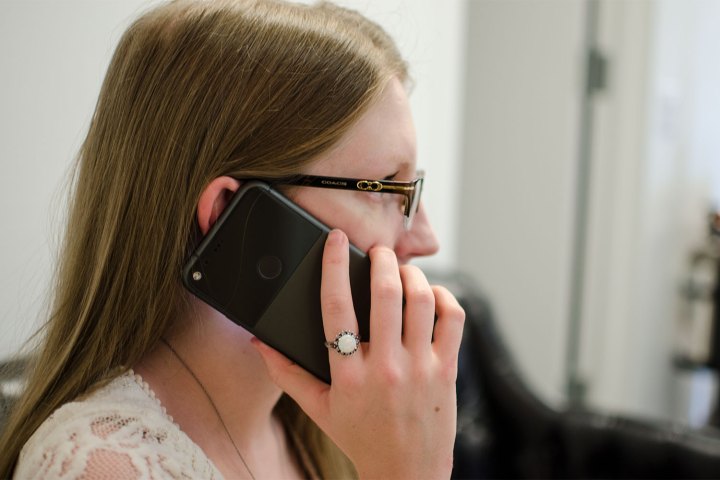
“Robocalls are the number one consumer complaint to the FCC from members of the American public,” FCC chairman Ajit Pai said. “We aim to take an important first step in ending the scourge of illegal robocalls.”
One of the difficulties with automated robot callers is that they often use spoofed numbers — that is, they appear to be calling from somewhere that they aren’t. To prevent this, the FCC’s rule will make it so phone providers can block numbers which couldn’t exist because they haven’t been assigned, or that existing subscribers have explicitly asked to not be spoofed. No doubt many companies will jump at the opportunity to protect their customer support numbers from being spoofed.
While the FCC’s new rule has been passed by a 3-0 vote, it will not go into effect just yet. The next step is to send it through a period of public consultation, where phone companies and consumers alike, can have their say on the changes it would make.
As part of the consultation, amendments can be suggested, with the FCC particularly looking for any solid solutions to nuisance calls coming from overseas, or ways that it can prevent legitimate calls from being blocked accidentally should this new rule come into effect.
A secondary vote on any and all amendments will be taken later in 2017.


